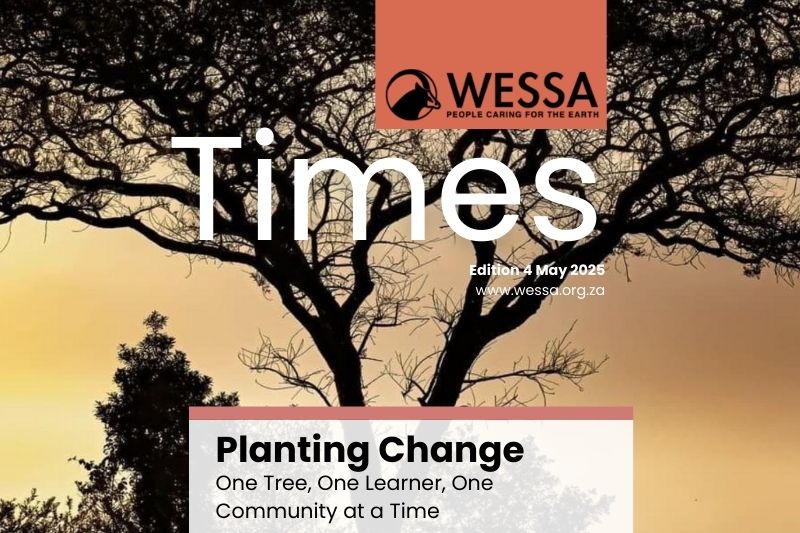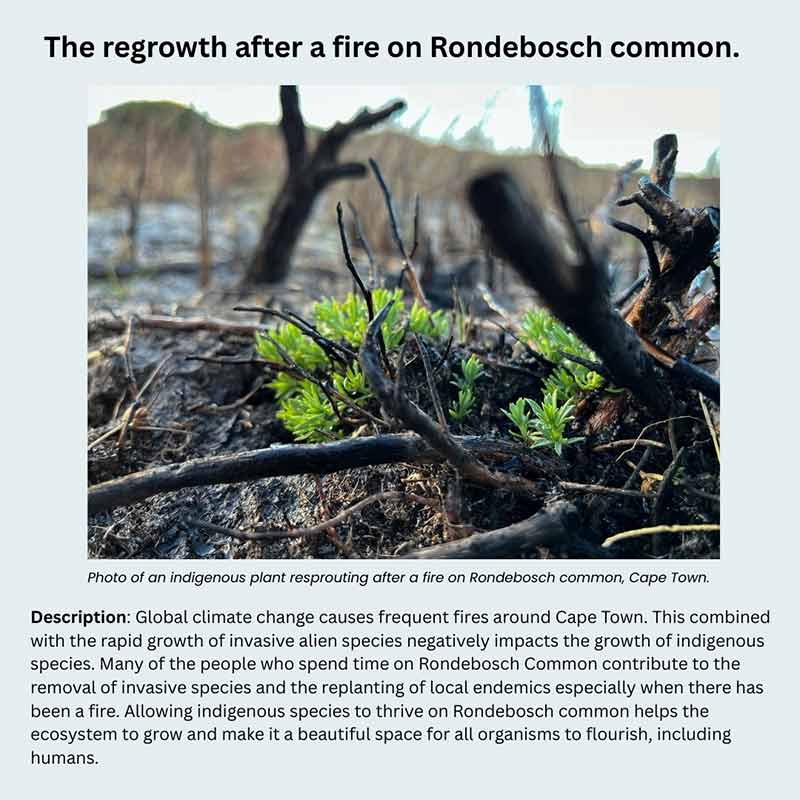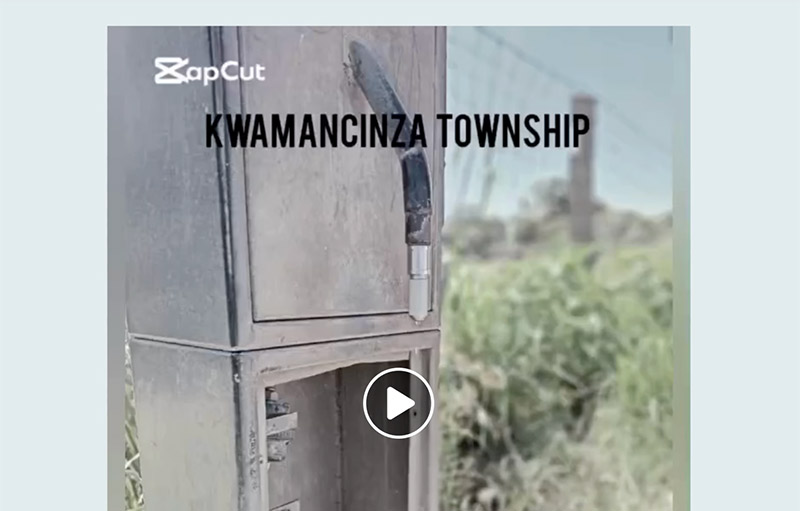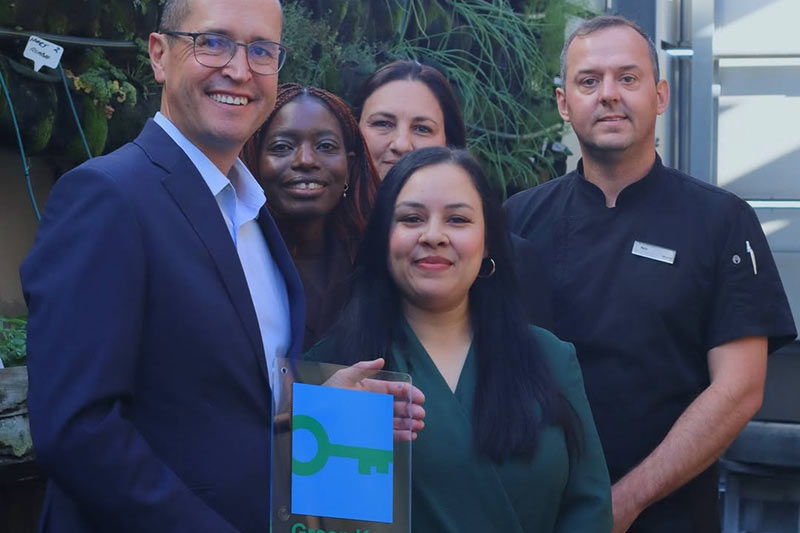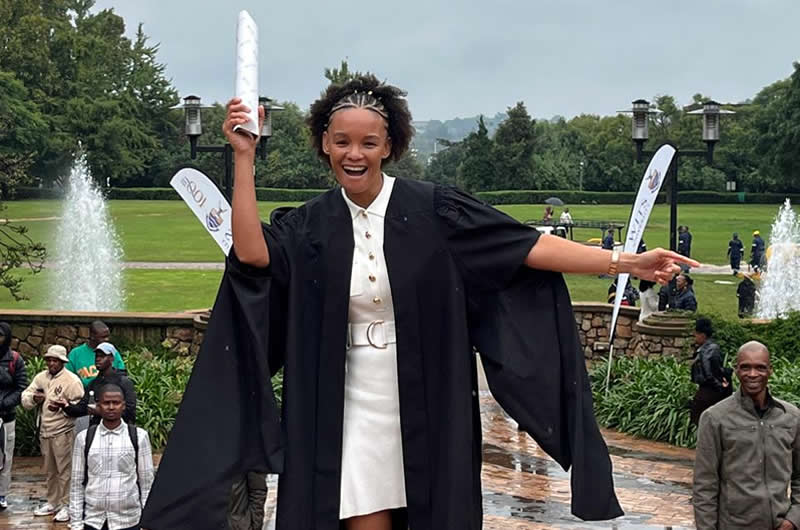
OR Tambo Protea Hotel Sets Sustainability Benchmark with Green Key Certification
We’re proud to announce that Protea Hotel by Marriott OR Tambo Airport is officially Green Key certified, becoming the first Protea Hotel in Sub-Saharan Africa to receive this globally recognised eco-label.
Green Key is more than a symbol. It’s a rigorous standard for environmental excellence in the hospitality industry, and OR Tambo Protea Hotel passed with flying colours.
Behind every Green Key certification is a dedicated team and at Protea Hotel by Marriott OR Tambo Airport, sustainability is not just policy, it’s a culture. From the front desk to the kitchen, sustainability is woven into daily staff meetings and decision-making. The hotel’s team didn’t just meet the standard they shaped it, with a holistic approach. Among its most notable achievements:
- 91% LED lighting coverage – nearly double the Green Key requirement.
- Over 15,700 kg of food waste diverted from landfill.
- Installation of an on-site bokashi composting system, advancing circular food waste solutions.
- Daily staff eco-briefings and integrated sustainability across all operations.
- Deep-rooted community outreach – including soup kitchens, mattress donations, and blood drives.
As CEO of WESSA, Cindy-Lee Cloete, put it, “This isn’t just about ticking boxes. This is responsible tourism in action, led by teams that live sustainability every day.”
